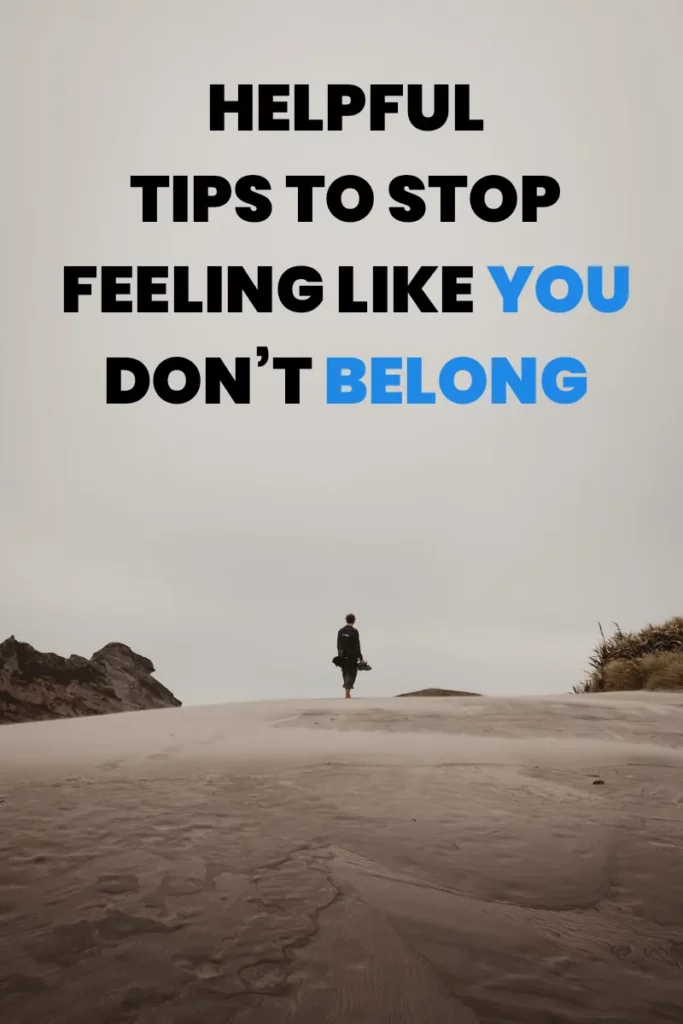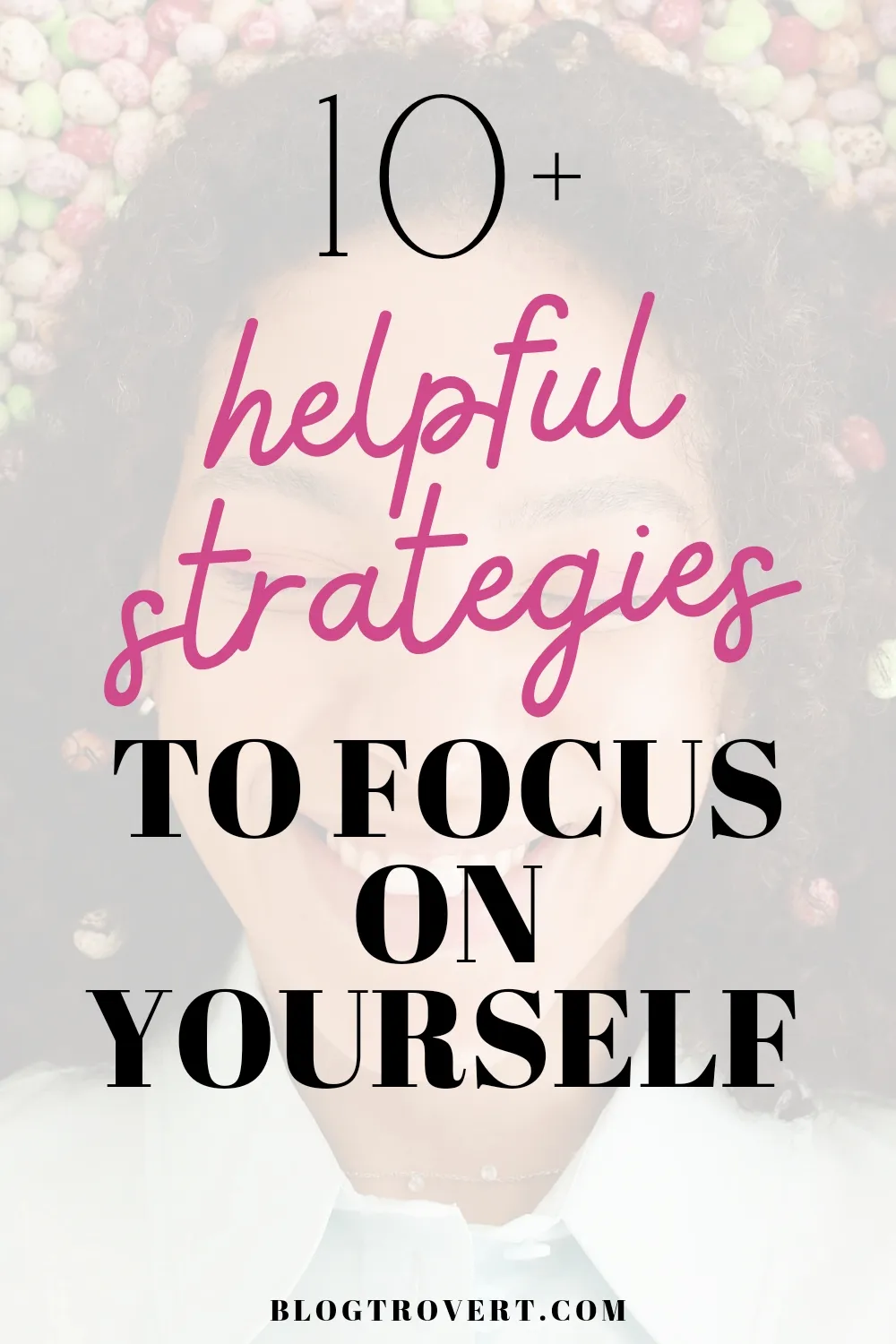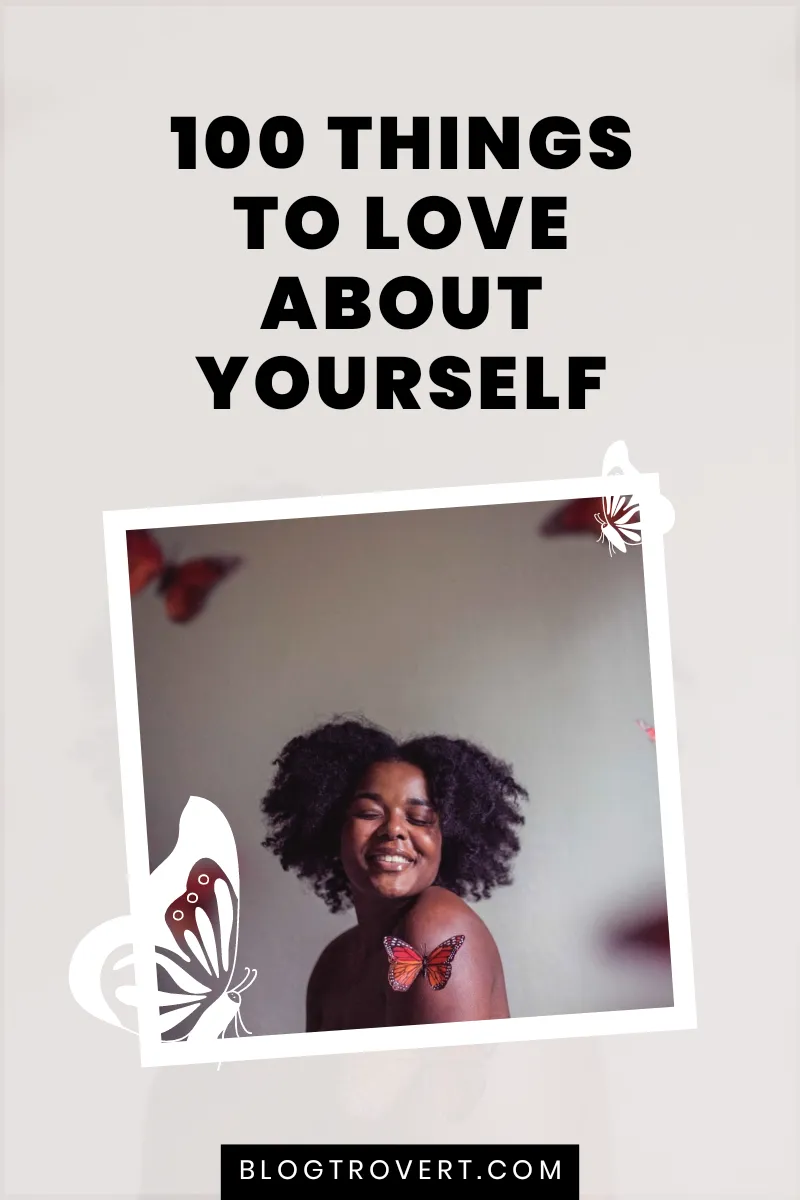Feeling like you don’t belong and can’t fit in?
You are not alone! Most of us struggle with the feeling of not belonging among our peers, at work, home or any other social gathering.

Anyone can experience this at any point in time, regardless of their socio-economic background or level of education.
There are ways to deal with this and find your place in the world without having to give up or change who you are. Dealing with this feeling means finding strategies and support to help you feel more at ease and connected.
Feeling like you don’t belong does not always mean there is something wrong with you. It could be other factors such as environment, interactions between others, and even your own emotions and thoughts.
Reasons you are feeling like you don’t belong
Many things make us feel like we don’t belong, like thinking no one accepts us, feeling disconnected from others, or feeling like we don’t just fit in.
Let’s go over some more common reasons you are feeling like you don’t belong before we explore the helpful strategies to deal with these feelings. It’s okay, you’ll find your place in the world again.
Lack of Self-Acceptance
Lack of self-acceptance can be a major contributor to feeling like you don’t belong in anywhere you find yourself. Self-acceptance isn’t just saying you are good enough—it is learning to accept, appreciate, and respect who we are and to recognize our worth.
Self-acceptance involves acknowledging the faults we have and knowing that we still have a place in the world, even if we cannot fix our shortcomings.
Self-acceptance is difficult for many people because of low self-esteem and feelings of inadequacy. Sometimes, even our physical appearance makes us feel embarrassed.
If you grew up in an environment where people ridiculed you because of your flaws and worshiped perfection, learning to accept yourself might be difficult.
You need to know that your experience affects what you think about yourself. Now, you must learn to love your imperfections no matter how long you take to move towards positive self-acceptance.
Everyone has something unique and beautiful about them. You need to learn how to love yourself if you wish to find your place in the world.
Fear of rejection
People’s body language, the tone of their voice, and the way they talk can all give away how they feel about you. You might also falsely feel you don’t belong because you fear rejection.
When we are afraid of rejection, we avoid social gatherings and interactions where we might feel uncomfortable. Thus making it difficult to form meaningful connections and relationships – leading to loneliness, boredom, and isolation.
We all have different levels of fear of rejection and it is important that we identify which ones are impacting our mood and our ability to feel at ease in social settings.
Once you know what triggers these fears, you can start working on solutions to manage them.
Feeling of Inadequacy
A sense of inadequacy can be one of the main reasons you are feeling like you don’t belong. You might think that you are not good enough to fit in.
Comparing yourself to others can trigger the feelings of inadequacy; especially when the people around you are more successful.
The first step to overcoming your feelings of inadequacy is to recognize them and acknowledge your feelings. Once you have identified what is making you feel inadequate, you can focus on the areas where you felt confident and capable.
It is also important to set realistic goals and expectations for yourself. Setting achievable goals allows you to feel a sense of accomplishment and progress, which can help you gain confidence.
Finally, remember that it is okay to make mistakes. We are all human and no one is perfect. Accepting that mistakes are part of the learning process can help to reduce feelings of failure and inadequacy.
Different values or beliefs than those around you
Having different values and beliefs than those around you can make it difficult to feel you belong. It’s challenging to feel connected to people when they do not accept or respect your beliefs and opinions.
Accepting and respecting your own values is the first step in overcoming this feeling of not belonging. Once you understand your values, you can connect with people who share similar values.
Also, try to be open to learning about the beliefs and values of others. This can help you find common ground and understand different perspectives.
Finally, practice self-compassion. Remind yourself that it is okay to be different and that your values and beliefs are valid. Everyone is different, that makes the world interesting!
Personal experiences or traumas
Personal experiences and traumas can make it difficult to feel connected to other people. When you have gone through traumatic experiences, trusting and letting other people in becomes an issue.
Reach out for help, as it’s difficult to manage the emotions and memories associated with traumas on your own. It’s a good idea to seek professional help to start the healing process.
It is also important to practice self-care. Taking care of yourself, both physically and mentally, can help to reduce feelings of isolation and increase feelings of connection.
You are not alone! You can get support from your family and friends and connect with people who have gone through similar experiences.
Mental health challenges
Mental health challenges can make it difficult to feel connected and accepted.
If you reach out for help, you can overcome the feeling of not belonging. It’s a good idea to seek professional help from a therapist or counselor.
Changing Environments
Taking the time to get to know your surroundings will help you feel connected in a new environment.
Whether it’s connecting with your neighbors, joining a club or volunteer group, or attending community events, building relationships is a great way to feel more connected and accepted.
Seek activities that interest you. Find hobbies, classes, or activities that make you feel empowered and connected to the surrounding people.
Find a sense of purpose. Whether it’s joining a cause or organization, volunteering, or taking on a new project, giving back to the community can help you feel connected and provide a sense of purpose.
It is normal to feel overwhelmed or anxious in a new environment. Remind yourself that it takes time to feel at home and that you are not alone.
What to do when you are feeling you don’t belong?
In this section, we will discuss different ways to deal with the feeling of not belonging.
Identify the Source of Unhappiness
Take some time to identify the source of your unhappiness. Knowing and understanding what makes you feel alienated will help you better address the problem and find a solution.
Analyze the situation objectively, with no judgment or complicated emotions getting in the way.
Are there any practical steps you can take to ease or change your current situation?
Or is it mostly based on intangible feelings that are difficult to define?
Consider personal factors such as whether you are feeling overwhelmed, stressed, lonely, misunderstood, or unsupported by others.
If the factors that cause this feeling are out of your control, shift your thoughts and focus more on the things that can create a better life for yourself.
Make a list of things that make you feel happy and fulfilled – reading books, talking to friends online or trying new activities and make them part of your daily routine. Remember that no one else has control over how you feel; only you have power over that decision.
Challenge negative thoughts
Focus on your strengths and the things that make you unique, rather than the things that make you feel like you don’t belong. Understand that everyone has flaws, and focus on the good.
Take a different view of your life. What would happen if you stopped comparing yourself to others and started appreciating the unique things about your own life?
No matter how lonely you feel at the moment, believe that there is someone there for you.
Remember that you are not alone
Feeling like you don’t belong can be a crushing feeling, one that can take away any sense of self worth and make you question your purpose. But it is important to remember that you are not alone!
Everyone experiences moments of doubt and insecurity, and it’s okay to admit that and acknowledge that you don’t always fit in and that other people also have times when they feel like an outsider.
Rather than allowing these feelings to overwhelm you, use them as a reminder that your differences make you special. Learn to embrace them. They strengthen you.
Recognize that these feelings are natural, and that everyone goes through them at some point or another. So, next time you feel you don’t belong, take a moment to remind yourself that everyone feels this way sometimes, and you are not alone.
Develop Self-Compassion
It’s easy to be hard on yourself when you are feeling like you don’t belong. But beating yourself up only makes the situation worse.
Instead, try to develop self-compassion. This means understanding and accepting yourself when things are difficult rather than being judgmental or expecting yourself to cope perfectly with challenging situations..
It is important to acknowledge your feelings of not belonging and accept that they are valid – no matter what anyone else tells you about them. You can try writing how you are feeling and why, or speaking openly with someone you trust who will listen.
Remind yourself you are not the only one feeling like you don’t belong; we all feel lonely sometimes. It doesn’t make us weak, bad, or unusual.
You can also try some simple self-compassion exercises like meditation, which can have positive effects on your mental wellbeing, including reducing stress, increasing self-awareness, and cultivating self-kindness and acceptance.
Take time for yourself; take a walk or listen to some relaxing music. These small activities can help you reconnect with your thoughts and feelings in a non-judgmental way.
Read stories about overcoming the feelings of not belonging
There are a lot of inspiring stories of people who have faced similar feelings of not belonging.
The next time you’re feeling like you don’t belong, read some of these amazing stories to remind yourself that you’re not alone and that you can overcome these feelings.
These stories will provide you the courage to keep going and find your place in the world.
Let the stories of others inspire you to embrace your unique qualities and build resilience to any situation that makes you start feeling like you don’t belong.
Find Your People
Acceptance can make you feel better about yourself. You will never fit in everywhere, but that doesn’t mean that there aren’t people that you can relate to or whose similarities draw you in.
Take time out to reach out and make relationships based on getting to know people, forming genuine bonds and understanding what it means to be part of something bigger. This might take some time and you may experience some rejections along the way, but don’t give up!
Think back on times when you felt more connected and seek those same experiences. Were there any friends that you lost touch with when work/college/life got in the way? Reach out!
People leave an impression on your life – no matter how brief or long their stay may have been. Invite like-minded people together and pick things that reflect your values or interests.
Take a deep breath, put yourself outside of the bubble for just long enough and make friends with anyone who is open-minded enough to join in.
Practice Self-Care
Self-care can be anything from taking regular walks, having a relaxing cup of tea or watching a favorite movie.
When you are feeling like you don’t belong, doing something that makes you feel good and relaxed can help soothe the sense of insecurity and negative that comes with it.
Take breaks between tasks, give yourself rewards for completing tasks, and most importantly, practice acceptance over judgment; love yourself for who you are rather than berating yourself for not being “good enough” in the eyes of others.
Self-care also means setting realistic goals and expectations; pairing them with achievable steps results in greater success and self-confidence.
In order to truly connect with who we are, we must investigate our passions, interests, personal traits and needs without being too hard on ourselves or feeling like we have failed if something doesn’t work out as planned.
Self-care involves understanding that as much as we may strive for perfectionism, one mistake does not define us and we still possess many positive qualities. We just need to explore ourselves.
Find your purpose in life
Searching for meaning and purpose in life can be a daunting task, but it is an important part of finding a sense of belonging.
Take some time to ask yourself what truly brings you joy and fulfillment, and what you are passionate about.
Think about the things that you value and that you want to contribute to the world around you. This can help you identify your goals and give you a clearer idea of what direction you want to take in life.
Once you have identified your purpose, it is important to pursue it. This might mean finding like-minded people, joining a club or organization, or exploring new hobbies that align with your interests.
Finding a sense of belonging doesn’t happen overnight. It is a journey of self-discovery, and it can take time to find what truly resonates with you.
You can gradually piece together the life that you want for yourself when you explore yourself and your passions.
Put yourself out there
Take small steps and don’t be afraid to put yourself out there. Take a chance, introduce yourself to new people, attend events, join clubs and explore your interests.
Everyone has different interests and hobbies, so it is okay to be different. Embrace your uniqueness and don’t be afraid to express yourself.
Putting yourself out there will give you a better opportunity to find your people. Even if you don’t, you stepped out of your comfort zone – that is a win!
Appreciate yourself
It’s easy to forget to appreciate yourself and all the amazing things you offer when you are feeling like an outsider.
Take some time to reflect on yourself, accomplishments, and everything you are proud of. Focus on the things that make you special; give yourself credit for the hard work you have put in to get to where you are today.
Creating a sense of belonging can be a challenge, but it is an important practice. Make it a habit to appreciate yourself and to be proud of who you are.
Seek professional help
If you find it difficult to cope with these feelings on your own, find a therapist that will help you work through the emotional challenges that come with feeling like an outsider. A therapist will provide you with strategies for self-care and coping mechanisms.
Therapy will also give you the space to talk about your experiences in an open and non-judgmental environment and help you connect with yourself and with others.
10 ways to create a sense of belonging
- Create a common goal or mission that everyone can work towards.
- Show appreciation and recognition for each other’s efforts.
- Promote open communication and collaboration between team members.
- Make sure everyone feels heard and respected.
- Develop a culture of inclusivity, where everyone feels welcome and accepted.
- Foster positive relationships by spending time together outside of work.
- Celebrate successes, both individual and collective.
- Openly address issues as soon as they arise, with respect for all involved parties.
- Allow team members to bring their unique ideas and contributions to the table.
- Encourage ongoing feedback, both constructive criticism
Conclusion
Feeling like you don’t belong is a normal part of life. It doesn’t mean there is anything wrong with you. Understand the root causes of your feelings and learn how to deal with them. Doing this makes it easier for you to face the world with more confidence.
Sometimes just talking about your feelings with other people can help relieve the stress and make it easier for you to feel more connected.
Find a trusted friend or family member that can lend an ear and allow yourself the space to talk about your issues in a safe and non-judgmental environment.
Take part in activities that feel enjoyable and meaningful to you and don’t focus on external validation or acceptance by others.
Create healthy boundaries in order to protect yourself from unhealthy situations or people who aren’t accepting of who you are.
At its core, belonging is an internal experience – you will not always find acceptance outside but within ourselves, regardless of what others might think.




